

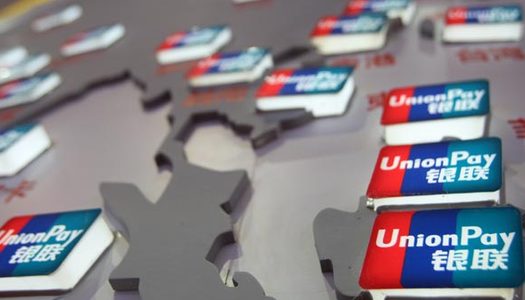 UnionPay is the only Chinese bank card organization in the Chinese mainland. Its cards are accepted in 143 countries and regions outside the mainland.
UnionPay is the only Chinese bank card organization in the Chinese mainland. Its cards are accepted in 143 countries and regions outside the mainland.
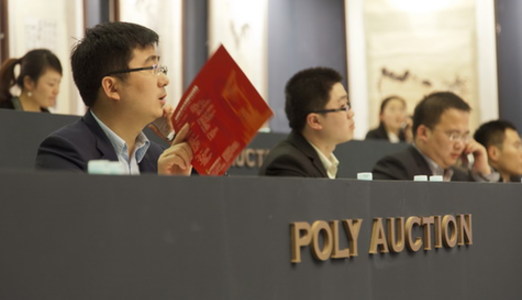 After their first auctions in each other's territories last autumn, Chinese mainland auction houses are looking into further possibilities in Hong Kong, while the big Western houses try to establish themselves more in the Chinese mainland.
After their first auctions in each other's territories last autumn, Chinese mainland auction houses are looking into further possibilities in Hong Kong, while the big Western houses try to establish themselves more in the Chinese mainland.
 Outbound mergers and acquisitions were an unknown concept to many Chinese companies before 2008 when the financial crisis engulfed the global economy and caused many overseas assets to depreciate against the yuan, making them more affordable.
Outbound mergers and acquisitions were an unknown concept to many Chinese companies before 2008 when the financial crisis engulfed the global economy and caused many overseas assets to depreciate against the yuan, making them more affordable.
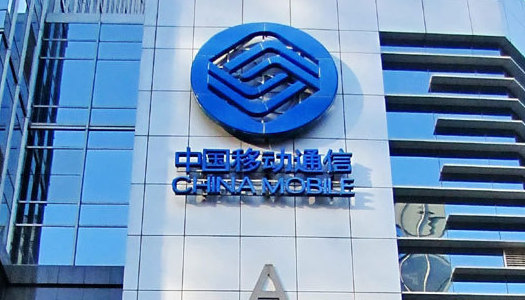 China Mobile Communications Corp, the parent company of the world's biggest mobile operator by subscriber, is seeking merger-and-acquisition opportunities in the global market, the company's chairman said.
China Mobile Communications Corp, the parent company of the world's biggest mobile operator by subscriber, is seeking merger-and-acquisition opportunities in the global market, the company's chairman said.
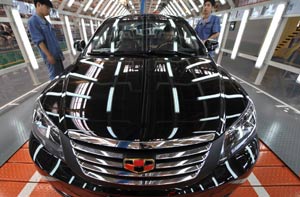 Struggling US automaker Fisker Automotive, which makes electric vehicles, is weighing bids for a majority stake in the company from two Chinese firms.
Struggling US automaker Fisker Automotive, which makes electric vehicles, is weighing bids for a majority stake in the company from two Chinese firms.
 German Theo Lohmann has just opened a boutique featuring the products of China Camerich Furniture Co in Cologne in the belief it will make good money.
German Theo Lohmann has just opened a boutique featuring the products of China Camerich Furniture Co in Cologne in the belief it will make good money.
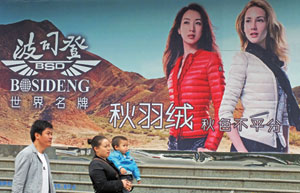 While all Western brands are talking about investing in emerging markets, Chinese down jacket maker, Bosideng, has its sights set in the opposite direction.
While all Western brands are talking about investing in emerging markets, Chinese down jacket maker, Bosideng, has its sights set in the opposite direction.
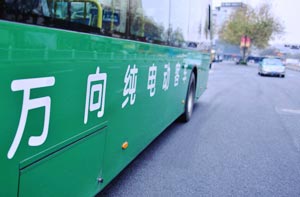 A US government panel has approved the purchase by China's biggest auto parts maker, Wanxiang Group, of nearly all the assets of A123 Systems Inc.
A US government panel has approved the purchase by China's biggest auto parts maker, Wanxiang Group, of nearly all the assets of A123 Systems Inc.
 At the crossroads of Melrose and Harper avenues in Los Angeles, it's hard not to notice the distinctive bright red logo shining brightly.
At the crossroads of Melrose and Harper avenues in Los Angeles, it's hard not to notice the distinctive bright red logo shining brightly.
The sign is above the new flagship store of Peak Sport Products Co Ltd, which represents the latest effort by the Chinese sportswear brand to raise its visibility and profile in the United States.
Occupying 250 square meters, the outlet sells the full range of the company's sports products including running and training wear, and of course basketball shoes, its core product.
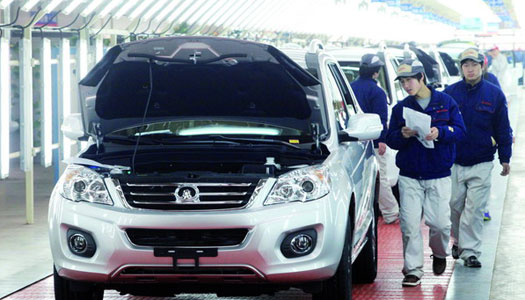 As the demand from developed markets, especially the European Union, decreases sharply, Chinese companies should be encouraged to export goods to Latin America.
As the demand from developed markets, especially the European Union, decreases sharply, Chinese companies should be encouraged to export goods to Latin America.
 With the majority of private enterprises in China faced with passing on the family business to the second generation, young entrepreneurs are facing a huge challenge in taking over family brands and presenting them to the world.
With the majority of private enterprises in China faced with passing on the family business to the second generation, young entrepreneurs are facing a huge challenge in taking over family brands and presenting them to the world.
According to a report presented at the end of 2011 by the All-China Federation of Industry and Commerce, about 85.4 percent of China's private sector enterprises can be classified as family businesses. As many as 75 percent will enter a period of transition from the founders to their children over the next five to 10 years.
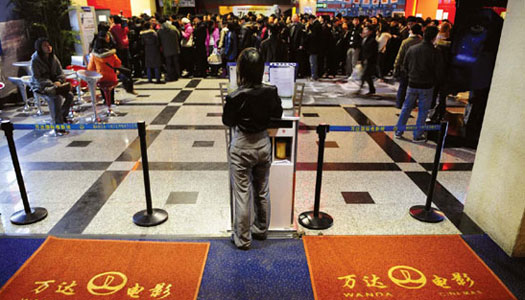 Wanda's high-profile in the cultural industry has been eye-catching. Started as a property company, it is now one of the most powerful players in the industry.
Wanda's high-profile in the cultural industry has been eye-catching. Started as a property company, it is now one of the most powerful players in the industry.
But the Wanda chairman is obviously thinking about more than just land. Since 2005 the company has invested in the culture sector, beginning with the construction of cinemas in its commercial properties as evidenced by Wanda Plazas.